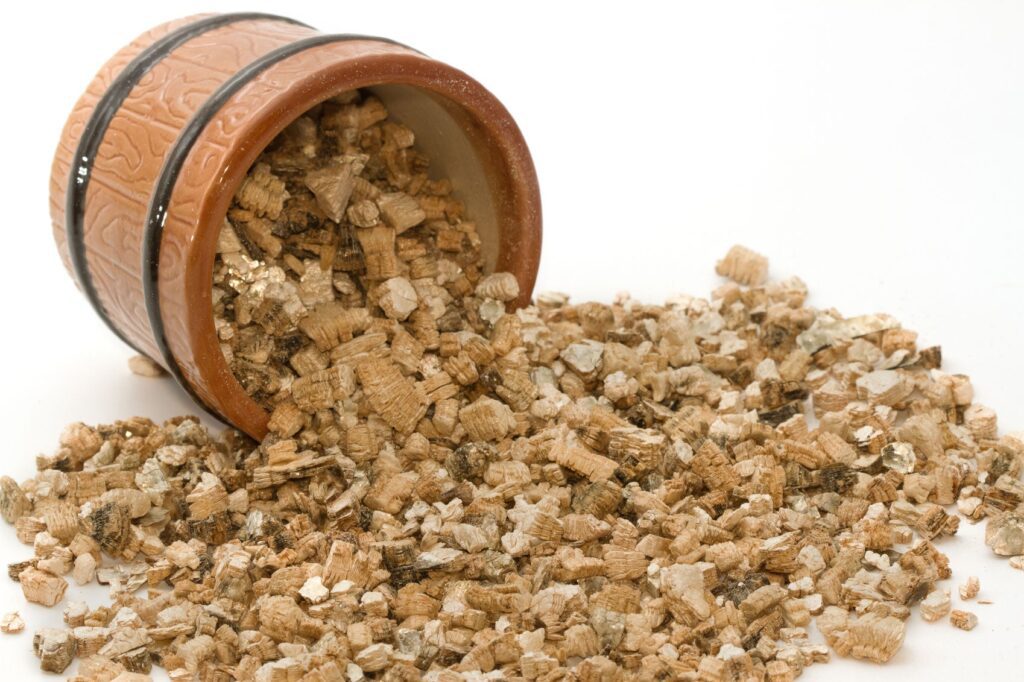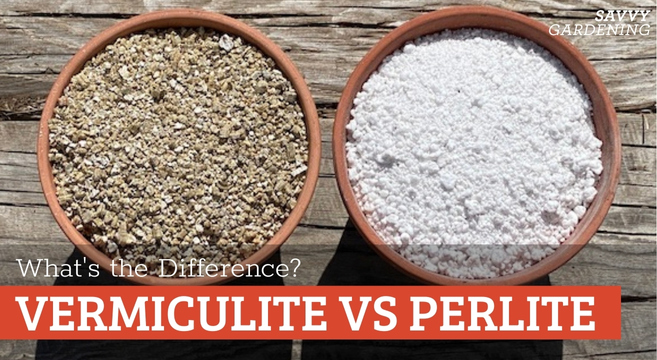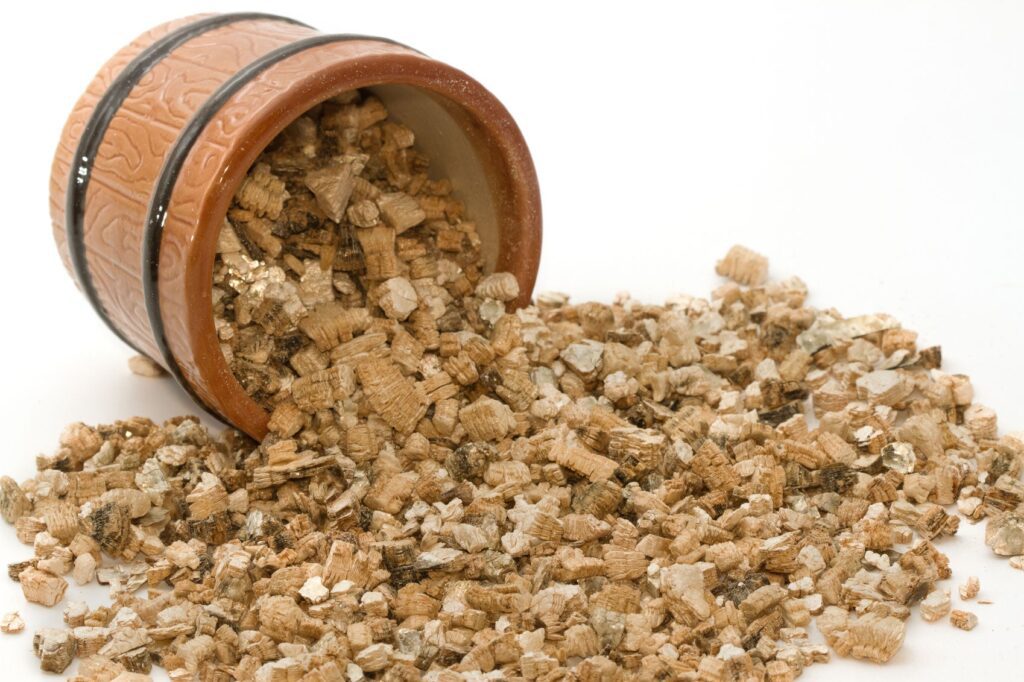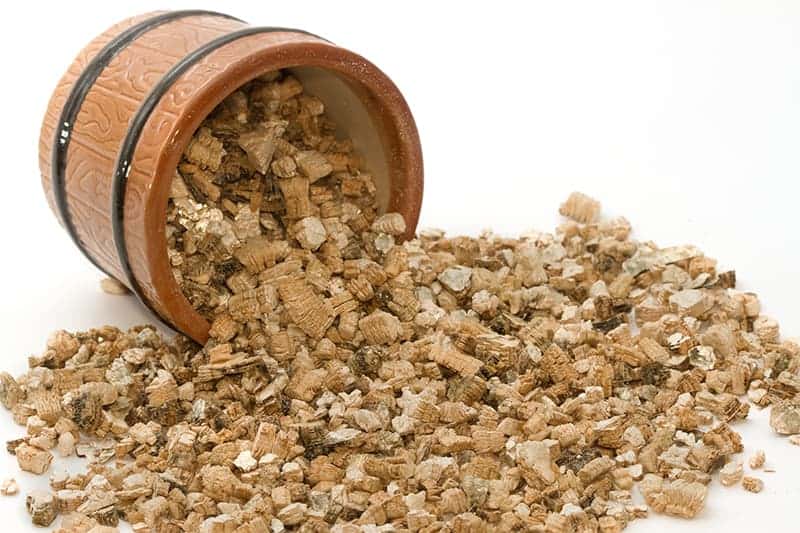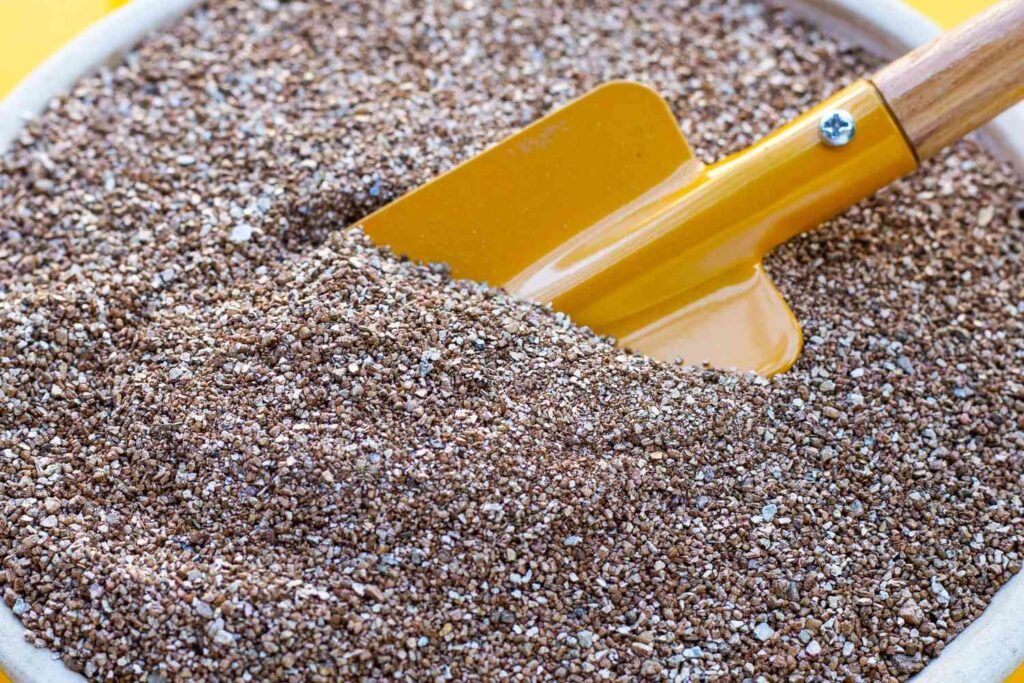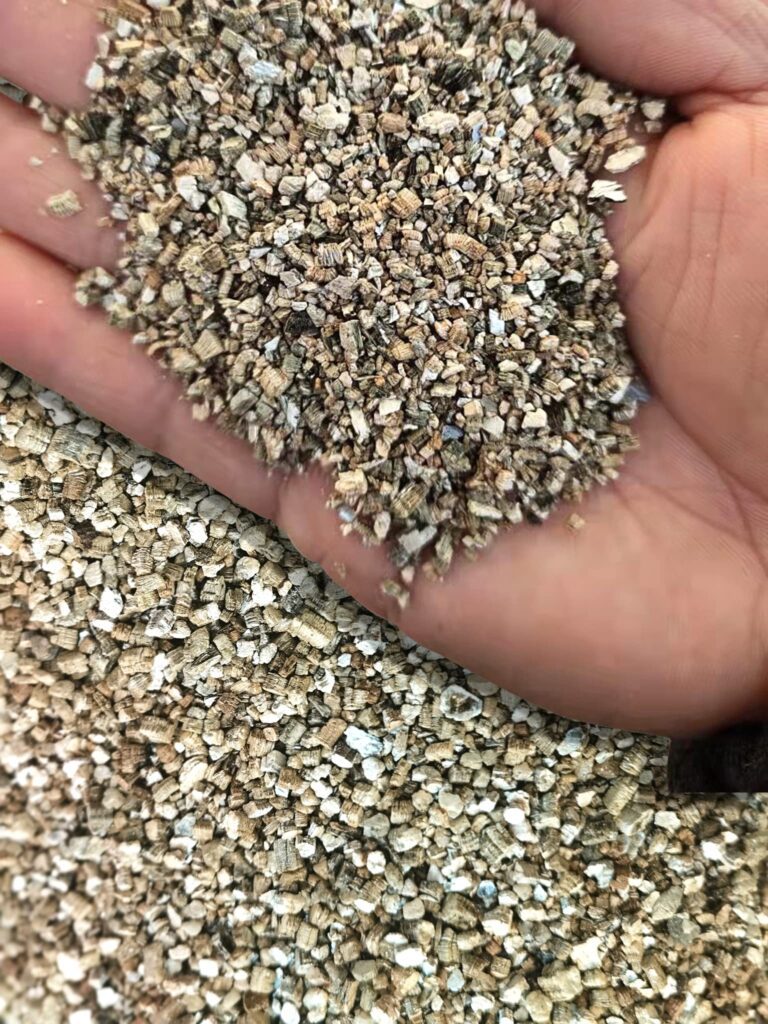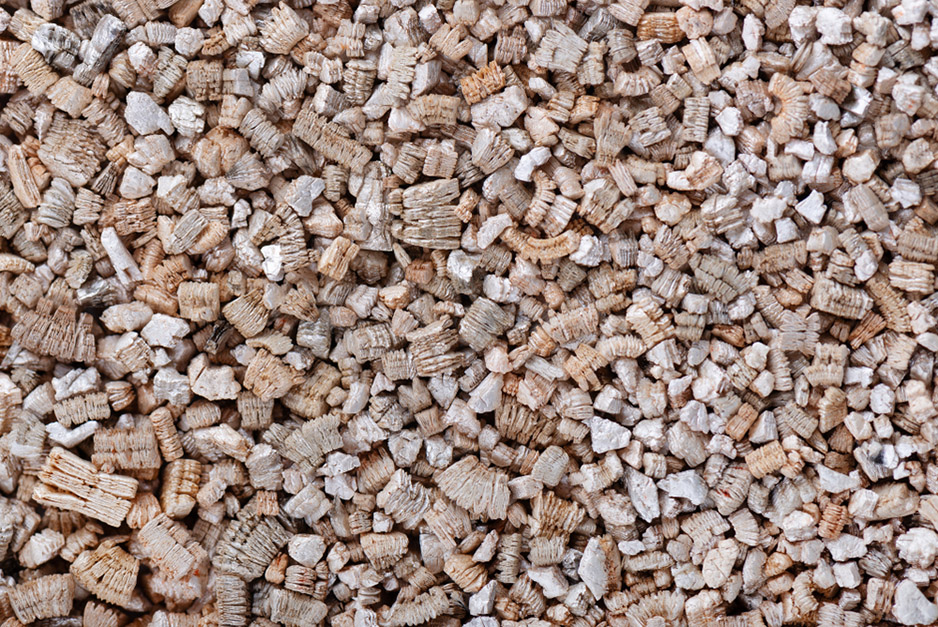Imagine being able to grow your own fresh, organic vegetables right in your backyard. It’s a dream for many, but before you start your vegetable garden, there’s an important question to address: Is vermiculite safe to use in your garden? Understanding the implications of using vermiculite in vegetable gardens is crucial for ensuring the health and safety of your produce. In this article, we will explore the safety of using vermiculite in your vegetable garden, providing you with all the information you need to make an informed decision. So, let’s dive right in and learn about the potential risks and benefits of using vermiculite in your garden.
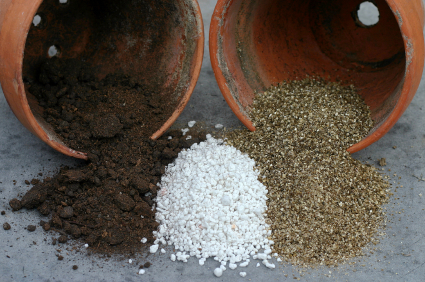

What is Vermiculite?
Vermiculite is a natural mineral that is widely used in gardening and horticulture. It is created through a process known as exfoliation, where the mineral undergoes heat treatment to expand its size and improve its ability to retain water. The resulting material is lightweight, porous, and has excellent water retention properties. Vermiculite is commonly used as a growing medium in vegetable gardens, as it helps to improve soil texture, aeration, and moisture retention. This mineral has been used in gardening for many years due to its numerous benefits, but it is important to understand both its advantages and potential hazards before incorporating it into your vegetable garden.
Origin and Composition of Vermiculite
Vermiculite is derived from a group of hydrated laminar minerals known as the vermiculite group. These minerals are formed through the weathering of certain types of rocks, such as mica and biotite. The composition of vermiculite varies depending on its source, but it primarily consists of hydrated magnesium aluminum silicate. Its unique structure allows it to expand and retain water, making it an excellent medium for enhancing soil properties.
Uses of Vermiculite
Vermiculite has a wide range of uses in gardening and agriculture. One of its main applications is as a growing medium for plants and vegetables. Its ability to retain water and improve soil aeration makes it an ideal addition to garden soil, especially in areas with poor drainage. Vermiculite is also used as a soil amendment, improving nutrient retention and providing a favorable environment for beneficial microorganisms. Additionally, it can be used as a seed starting medium, as it creates a conducive environment for germination and root development. Overall, vermiculite is a versatile product that offers numerous benefits for gardeners and can be used in various ways to improve plant health and productivity.
Benefits of Using Vermiculite in a Vegetable Garden
Improved Soil Aeration
One of the key benefits of using vermiculite in a vegetable garden is the improved soil aeration it provides. When mixed into the soil, vermiculite creates air pockets, allowing oxygen to reach the roots more easily. This is crucial for the health and development of plants, as oxygen is necessary for proper root respiration and nutrient uptake. Proper aeration prevents soil compaction, which can impede root growth and lead to poor plant health. By incorporating vermiculite into your garden soil, you can create a well-structured substrate that promotes healthy root development and overall plant vigor.
Enhanced Moisture Retention
Vermiculite is renowned for its excellent moisture retention capabilities. Its expanded structure allows it to hold water and release it slowly, providing a consistent moisture supply to plant roots. This is particularly beneficial in vegetable gardens, where maintaining adequate soil moisture levels is essential for optimal plant growth. By adding vermiculite to your garden soil, you can increase its water-holding capacity, reducing the need for frequent watering while ensuring consistent hydration for your plants. This can be especially advantageous in arid or dry regions where water scarcity is a concern.
Efficient Nutrient Absorption
Another advantage of using vermiculite in a vegetable garden is its ability to enhance nutrient absorption by plants. The expanded structure of vermiculite provides a large surface area for nutrient exchange, allowing plant roots to come into contact with a greater amount of essential elements. This can improve nutrient uptake efficiency, ensuring that plants have access to the necessary minerals for growth and productivity. Vermiculite can also help to prevent nutrient leaching, as it acts as a sponge, holding onto nutrients and preventing them from being washed away by heavy rainfall or excessive watering.
Promotion of Root Development
Vermiculite is an excellent medium for promoting healthy root development in vegetable plants. Its lightweight and porous nature create an ideal environment for root growth, providing ample space for roots to expand and explore the soil. The improved aeration and moisture retention properties of vermiculite also contribute to strong and vigorous root systems. Healthy roots are essential for nutrient absorption, water uptake, and overall plant stability. By incorporating vermiculite into your garden soil, you can encourage robust root growth and enhance the overall health and productivity of your vegetable plants.
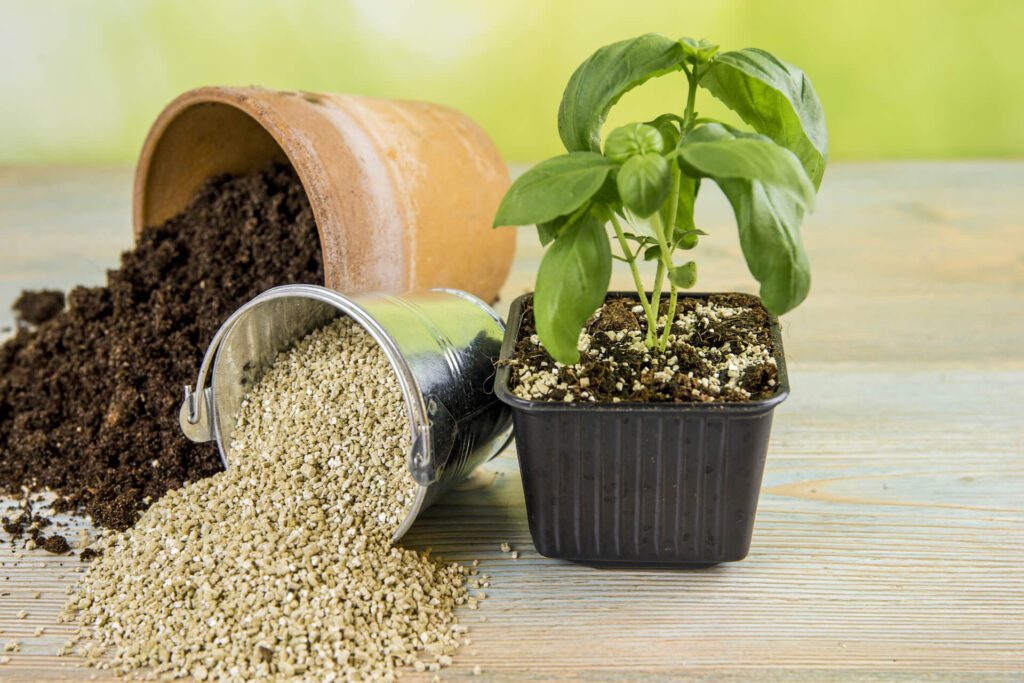

Potential Hazards Associated with Vermiculite
While vermiculite offers numerous benefits for vegetable gardening, it is important to be aware of potential hazards associated with its use. Two main concerns regarding vermiculite are asbestos contamination and chemical contaminants. Understanding these risks and taking appropriate precautions will help ensure safe and responsible use of vermiculite in your vegetable garden.
Asbestos Contamination
One of the most significant concerns with vermiculite is the potential for asbestos contamination. Asbestos is a naturally occurring fibrous mineral that was commonly used in insulation, construction materials, and various industrial applications in the past. Asbestos can be found in certain deposits of vermiculite, particularly those mined from Libby, Montana, where a major asbestos-contaminated mine operated for decades. Asbestos fibers are extremely hazardous when inhaled, as they can cause serious health problems, including lung disease and cancer. Therefore, it is important to ensure that any vermiculite you use in your vegetable garden is asbestos-free.
Chemical Contaminants
In addition to asbestos, vermiculite may contain chemical contaminants that can pose risks to human health and the environment. These contaminants can include heavy metals, pesticides, herbicides, and other toxic substances. The presence of these chemicals in vermiculite can be due to various factors, including the mining process or the sources from which the vermiculite is obtained. It is crucial to source vermiculite from reputable suppliers and ensure that it has undergone testing to confirm its safety and purity.
Asbestos Contamination in Vermiculite
History of Asbestos Contamination
The issue of asbestos contamination in vermiculite dates back to the mid-20th century when the Libby mine in Montana was a major supplier of vermiculite in the United States. Unfortunately, the vermiculite mined from this deposit was found to be contaminated with asbestos fibers, primarily of the amphibole asbestos variety. The asbestos contamination stemmed from the presence of asbestos-bearing rock within the mine.
The Libby mine operated from the 1920s until 1990, during which time massive amounts of asbestos-contaminated vermiculite were processed and distributed for various uses, including gardening. This long history of asbestos contamination has raised concerns about the safety of vermiculite products obtained from the Libby mine and emphasizes the need for thorough testing and asbestos-free certification.
Health Risks Associated with Asbestos Exposure
Asbestos exposure has been linked to serious health risks, including lung cancer, mesothelioma, and asbestosis. These diseases typically develop after prolonged inhalation or ingestion of asbestos fibers, which can occur when handling or disturbing asbestos-containing materials. When asbestos fibers are released into the air, they can be easily inhaled and become lodged in the lungs or other organs, leading to chronic inflammation and scarring. The long latency period of asbestos-related diseases often means that symptoms may not present themselves until years or even decades after exposure.
It is essential to minimize the risk of asbestos exposure in order to protect both yourself and others. This can be achieved by ensuring that any vermiculite used in your vegetable garden has been tested and certified to be asbestos-free. If you suspect that you may have vermiculite from the Libby mine or any other potentially asbestos-contaminated source, it is strongly recommended to have it tested for asbestos before use or disposal.
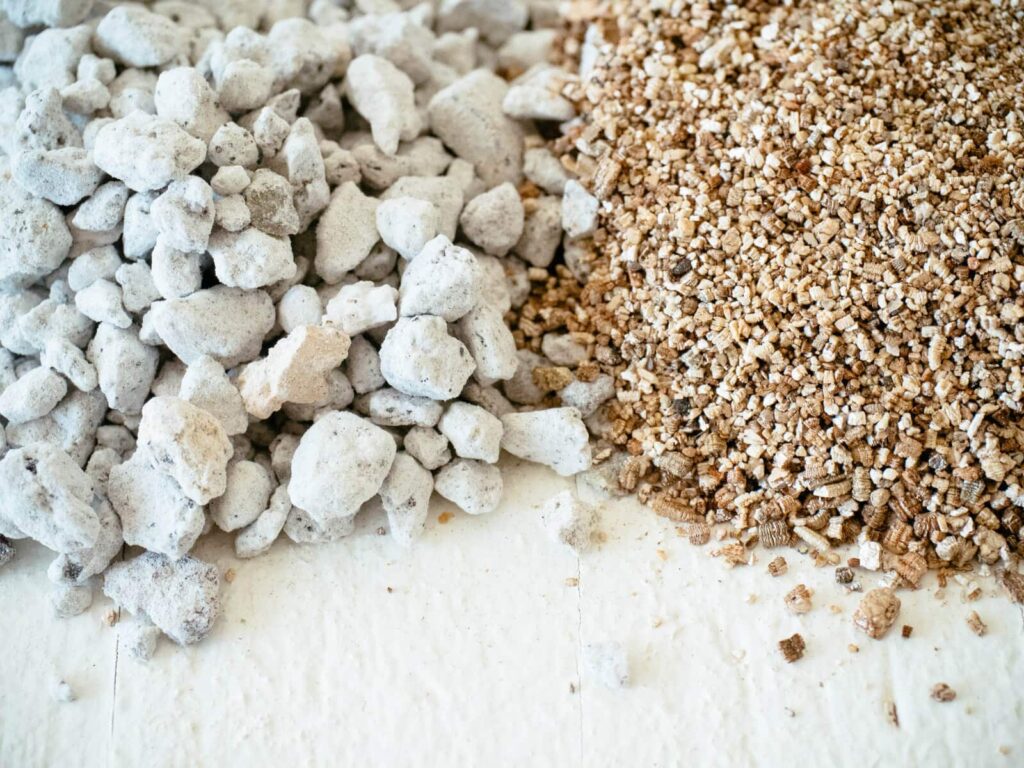

Testing for Asbestos in Vermiculite
To determine whether vermiculite contains asbestos, it is necessary to conduct proper testing. Asbestos testing should be performed by qualified professionals who are experienced in asbestos analysis. There are specific techniques and protocols that should be followed to obtain accurate results.
Sampling Techniques
When sampling vermiculite for asbestos testing, it is important to collect representative samples from different areas of the material or shipment. The samples should be handled carefully to prevent contamination and labeled appropriately for identification. Multiple samples may be required to ensure the reliability of the results. It is recommended to consult with an experienced asbestos testing professional to ensure the appropriate sampling techniques are followed.
Laboratory Analysis
The collected samples should be analyzed in a reputable laboratory equipped to test for asbestos. The laboratory will use specialized techniques, such as polarized light microscopy or transmission electron microscopy, to examine the samples and identify any asbestos fibers present. It is crucial to use accredited laboratories that adhere to recognized standards and methodologies for asbestos analysis. The laboratory should provide a detailed report stating the presence or absence of asbestos in the vermiculite sample, along with the specific type of asbestos fibers detected.
Regulations and Precautions for Using Vermiculite
To ensure the safe use of vermiculite in vegetable gardens, various regulations and precautions should be followed.
Regulatory Measures
Government agencies, such as the Environmental Protection Agency (EPA) in the United States, have implemented regulations and guidelines to address the risks associated with asbestos-containing materials, including vermiculite. These regulations aim to protect public health and the environment by imposing specific requirements for the handling, testing, and disposal of asbestos-containing materials. It is important to stay informed about the applicable regulations in your region and comply with all requirements when dealing with vermiculite or any other materials that may contain asbestos.
Safe Handling and Disposal
When working with vermiculite or any other gardening materials, it is essential to follow safe handling practices to minimize the risk of exposure. This includes wearing appropriate personal protective equipment, such as gloves and a dust mask, when handling vermiculite. Avoid creating dust or fine particles by gently handling the material and wetting it, if necessary, to reduce airborne fibers.
In the event that vermiculite is found to contain asbestos or is suspected to be contaminated, it should be handled and disposed of properly. Local regulations and guidelines should be followed for the safe removal and disposal of asbestos-containing materials. It is recommended to consult with asbestos removal professionals or local environmental authorities for guidance on proper disposal procedures.
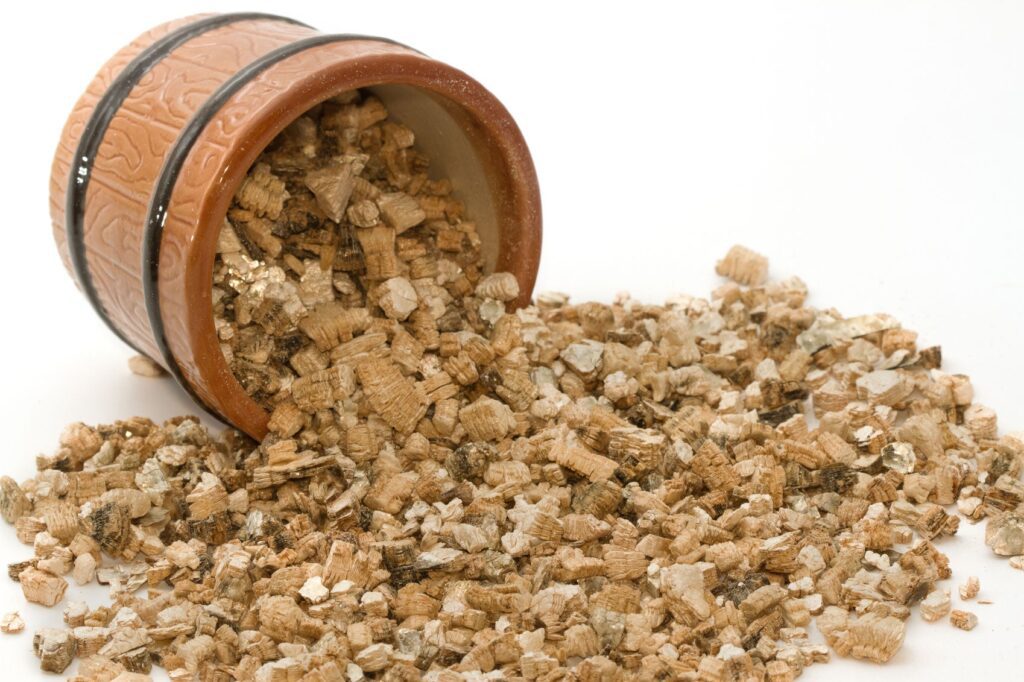

Alternatives to Vermiculite
If you prefer not to use vermiculite in your vegetable garden due to concerns about asbestos or chemical contaminants, there are alternative options that can provide similar benefits. Here are a few alternatives worth considering:
Perlite
Perlite is another lightweight and porous mineral that is commonly used as a soil amendment in gardening. It is made from volcanic glass that is heated to create an expanded, sponge-like material. Perlite improves soil aeration, drainage, and moisture retention, making it a suitable alternative to vermiculite. It does not contain asbestos or chemical contaminants, and it is widely available in garden centers and nurseries.
Coir
Coir, also known as coconut fiber, is a natural byproduct of the coconut industry. It is an excellent alternative to vermiculite, particularly for its moisture retention properties. Coir holds water well and releases it slowly, ensuring that plants have a consistent water supply. Coir also improves soil structure, promotes healthy root development, and has excellent nutrient retention capabilities. It is considered environmentally friendly and is readily available in the form of bricks or bales.
Peat Moss
Peat moss is a traditional soil amendment that has been used by gardeners for many years. It has excellent water retention properties and improves soil structure and aeration. Peat moss also offers good nutrient retention capabilities and provides an acidic pH environment that some plants prefer. However, there are concerns regarding the sustainability of peat moss harvesting, as it involves the extraction of peat from natural wetland ecosystems. If possible, consider using peat alternatives, such as coir or compost, to minimize the environmental impacts associated with peat moss extraction.
Considerations for Using Vermiculite in a Vegetable Garden
When using vermiculite in your vegetable garden, there are a few important considerations to keep in mind:
Source and Quality of Vermiculite
Ensure that the vermiculite you are using is sourced from a reputable supplier. Verify that the vermiculite has been tested and certified to be asbestos-free. Look for products that have undergone quality control measures to ensure purity and safety. It is also a good practice to check for any potential chemical contaminants that could be present in vermiculite.
Application and Integration into Garden Soil
When incorporating vermiculite into your garden soil, follow the recommended application rates and procedures provided by the manufacturer. Mix the vermiculite thoroughly into the soil to ensure even distribution. Consider the specific needs of your vegetable plants and adjust the amount of vermiculite accordingly. Monitor your plants’ response to the addition of vermiculite and make any necessary adjustments based on their performance.
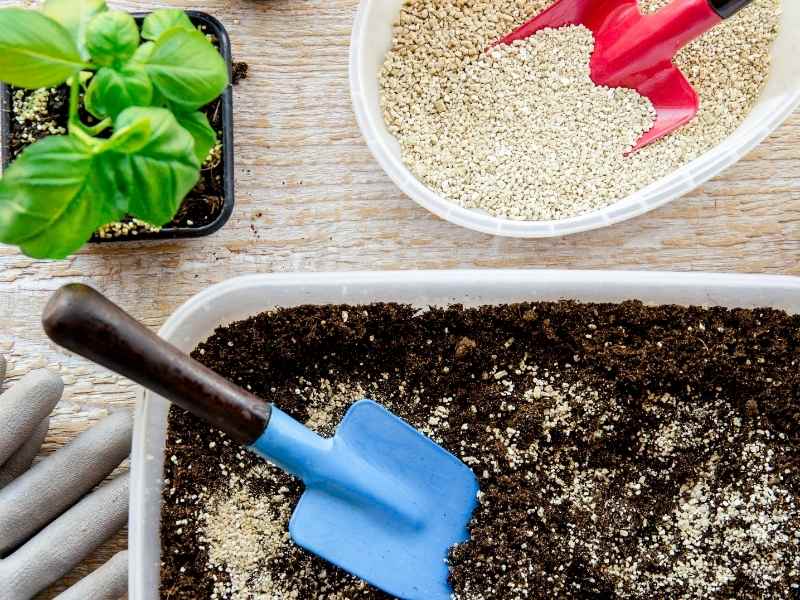

Conclusion
Vermiculite can be a valuable addition to a vegetable garden, providing benefits such as improved soil aeration, enhanced moisture retention, efficient nutrient absorption, and promotion of root development. However, it is crucial to be aware of potential hazards associated with vermiculite, such as asbestos contamination and chemical contaminants. Testing vermiculite for asbestos and ensuring its safety and purity is essential. If concerns persist, consider exploring alternative options, such as perlite, coir, or peat moss. By understanding the risks and taking appropriate precautions, you can safely incorporate vermiculite or suitable alternatives into your vegetable garden, promoting healthy plant growth and a bountiful harvest.

